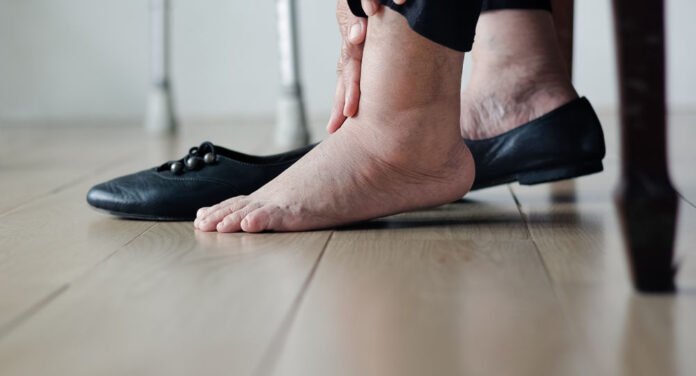Heart issues: Conditions like heart failure can lead to fluid buildup in the lower extremities.
Kidney problems: If your kidneys aren’t functioning properly, your body may retain fluid, causing swelling.
Liver disease: Cirrhosis or liver dysfunction can disrupt fluid balance and cause leg and foot swelling.
Venous insufficiency: When veins struggle to return blood to the heart, fluid can pool in the legs and feet.
Lymphatic system disorders: Blocked or damaged lymph nodes can cause lymphedema, leading to chronic swelling.
Infections: Especially if one foot is swollen, red, and painful, it could be a sign of cellulitis or another infection.
Medications: Some drugs (e.g., blood pressure meds, steroids, antidepressants) can cause swelling as a side effect.
Pregnancy: Fluid retention is common, especially in the third trimester, but excessive or sudden swelling can signal preeclampsia.
